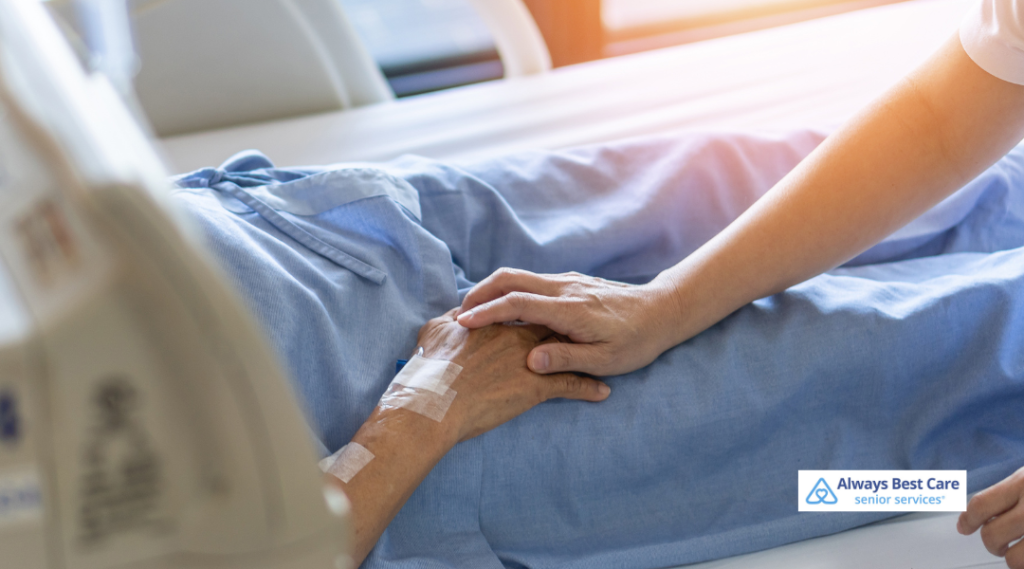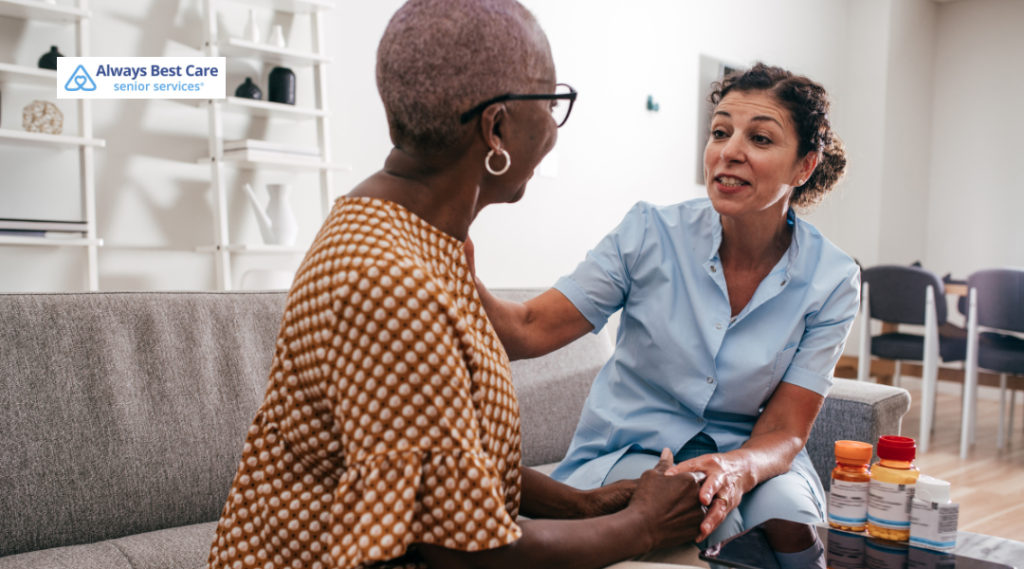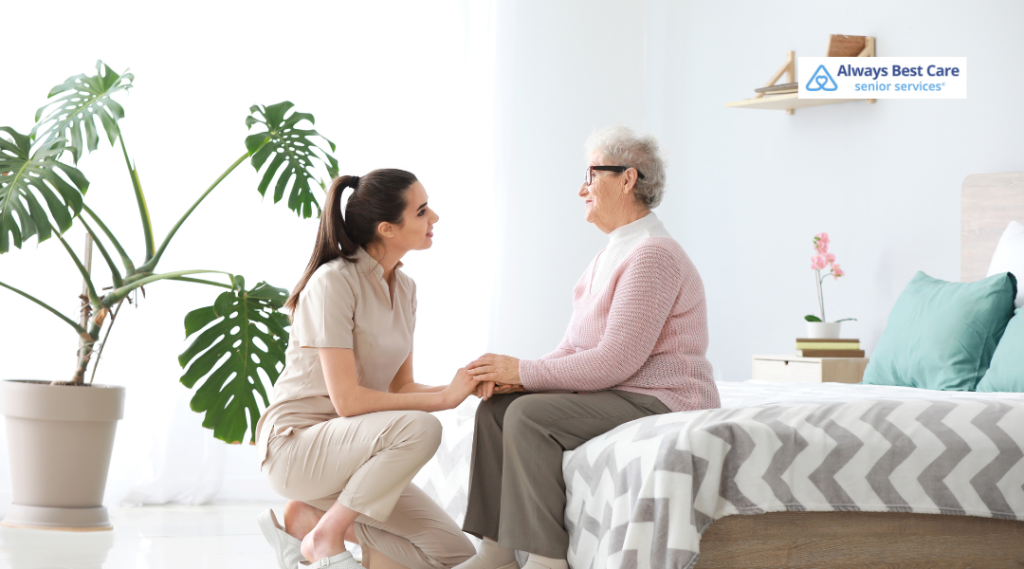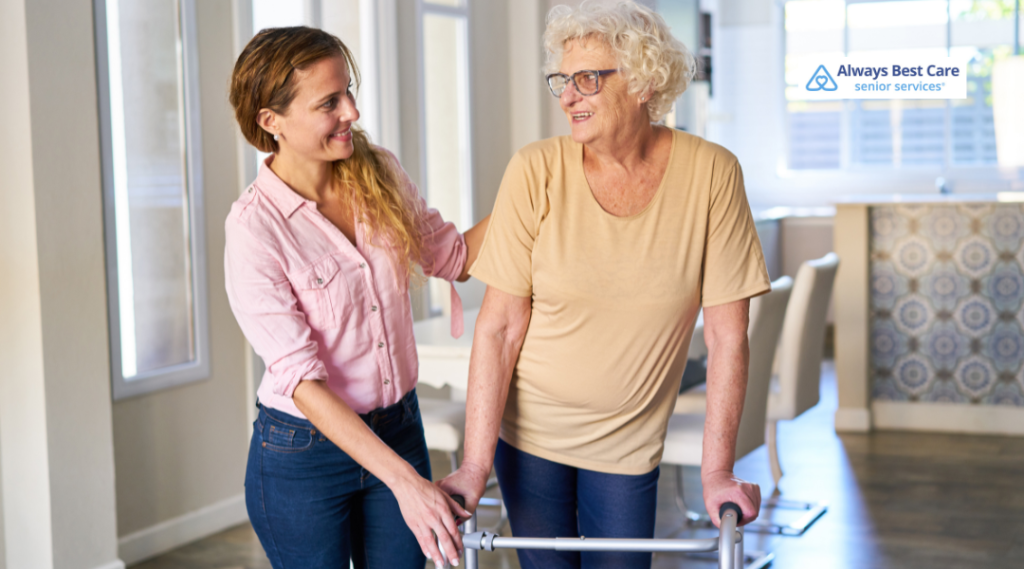Smooth Transition: Bringing Your Senior Loved One Home from the Hospital

Home from the Hospital
Ah, the relief when the hospital finally says, “Everything looks good—you’re ready to go home!” But the truth is, that’s not the finish line—it’s the starting gate for a whole new kind of care. Prepping for a hospital-to-home transition takes teamwork, planning, and a touch of TLC. So, how can families make the return home both comforting and stress-free? Let’s dive in!
Table of Contents
Understanding the Hospital-to-Home Transition
Nobody truly feels prepared when the doctor hands over discharge papers. Between new pills, changed routines, and the flurry of follow-up appointments, families can get caught in a whirlwind.
Transitioning from hospital to home means moving care—and responsibility—out of clinical hands and back into the cozy chaos of daily life.
Why a Plan Matters
- Reduces the chances of complications or readmission
- Keeps recovery on track
- Eases everyone’s nerves
Hospitals aren’t just sending patients home—they’re trusting families to become vital caregivers overnight.

Step 1: Understanding the Discharge Plan
Before packing up for the ride home, sit down with the medical team. Don’t be shy—get all the details!
Essential questions to ask:
- What medications are new, changed, or stopped?
- Are there restrictions on diet or movement?
- What appointments need to be made?
- Who’s the go-to for questions in a pinch?
Make notes and keep all instructions in one easy-to-find binder or folder.
Step 2: Preparing the Home Environment
No one likes a surprise spill or slip—especially not seniors who might take a tumble. Take time to “senior-proof” the house well before Dad or Mom returns.
Checklist for safety:
- Clear clutter from walking paths
- Install grab bars in bathrooms and hallways
- Check lighting—bright lights help prevent falls
- Remove rugs or fix loose carpets
- Put frequently used items at waist height (no reaching or climbing!)
Consider a quick consult with a local home care agency—they’ll spot hazards missed by even the eagle-eyed.

Step 3: Medication Management
New prescriptions? Changed dosages? It’s easy for anyone’s head to spin!
Experts suggest keeping a list on the fridge and using a pill organizer.
Top tips:
- Sort medications by time of day
- Double-check for potential side effects or conflicts
- Keep doctor and pharmacy numbers handy
- Set up reminders (phone, calendar, or sticky notes—whatever works!)
If things get confusing, contacting a local pharmacist or care coordinator is a lifesaver.
Step 4: Arranging In-Home Support
Families can’t do it all on their own—sometimes you need extra hands!
What help is available?
- Home health nurses and therapists
- Professional caregivers for personal care and meal prep
- Transportation for doctor visits
- Emotional support and friendly check-ins
Reach out to reputable providers in your area. Many offer free consultations and flexible plans so loved ones feel secure and supported.

Step 5: Fostering Emotional Wellness
The hospital-to-home journey isn’t just physical—it’s emotional too. Some seniors might feel anxious or lonely once the hospital buzz fades.
A cheerful welcome, regular family chats, and fun at-home activities help everyone transition with a smile.
Step 6: Scheduling and Attending Follow-Up Appointments
Don’t let busy schedules sneak up! Use a big calendar, share reminders with the family, and arrange transportation well ahead of time.
- Write down all required appointments immediately after discharge.
- Choose a visible place in the home to keep appointment information (e.g., fridge, bulletin board).
- Assign a family member or caregiver to track and remind everyone of dates.
- Organize transportation ahead of time for each visit.
- Prepare any questions, medication lists, or health concerns to discuss at each appointment.
- Bring a notebook or device to record updates during visits.
- Confirm next steps after each appointment and schedule any further follow-ups right away.
FAQ
Q: How soon should I set up in-home care for my parent after discharge?
A: As soon as possible—ideally before discharge day to ensure a smooth handoff from hospital to home.
Q: What if my family can’t be available for every need?
A: Professional caregivers fill in gaps, from daily care to emotional support, letting families rest while loved ones recover.
Q: How do we handle new medications safely?
A: Keep a medication list, clarify instructions with doctors, and never hesitate to contact a pharmacist with questions.
Q: What can we do if our parent feels down or anxious?
A: Companionship matters—invite friends, join senior activities, and check in often, either in person or by phone.

Safe Arrivals: Ensuring Comfort and Care When Going From Hospital to Home
The hospital discharge process doesn’t have to be a nail-biter. With thoughtful planning, clear communication, and a touch of homey comfort, your senior parent’s hospital-to-home journey can feel smooth and empowering.
Need an extra hand setting everything up? Always Best Care of Irvine is ready to help with a complimentary in-home assessment that puts your mind at ease. Call 949-705-6501 today, visit our website, or check our Google Business Profile. Together, we’ll create a safe and comforting environment where healing feels natural—and everyone can breathe a little easier.





